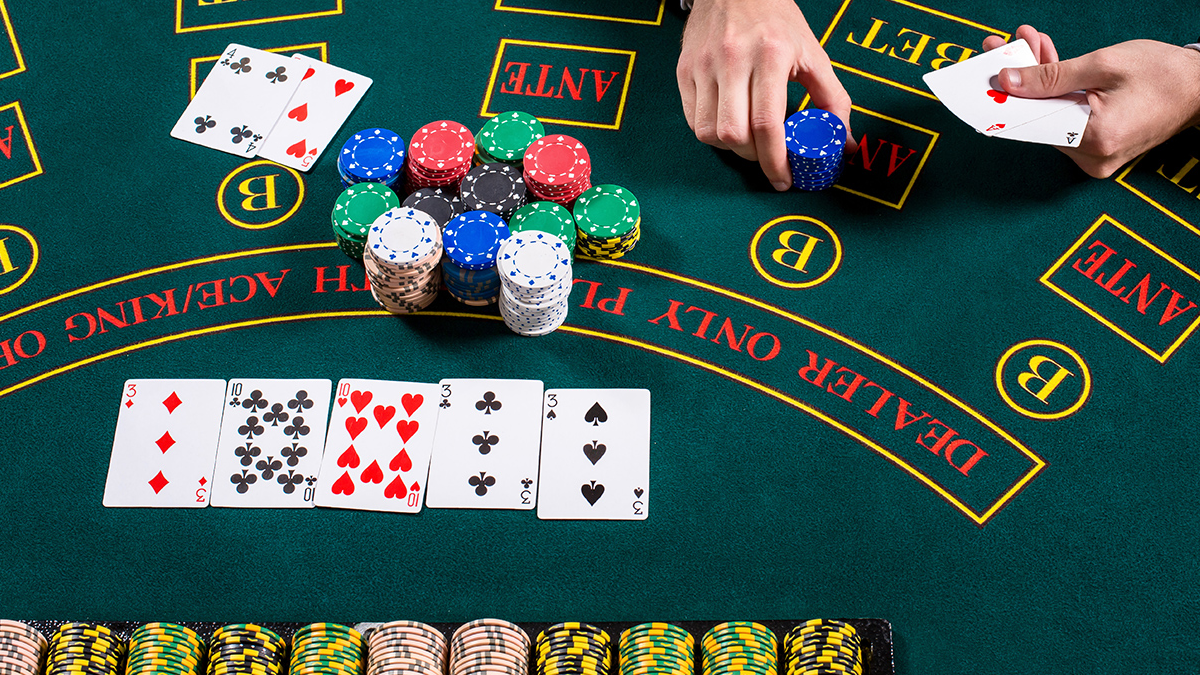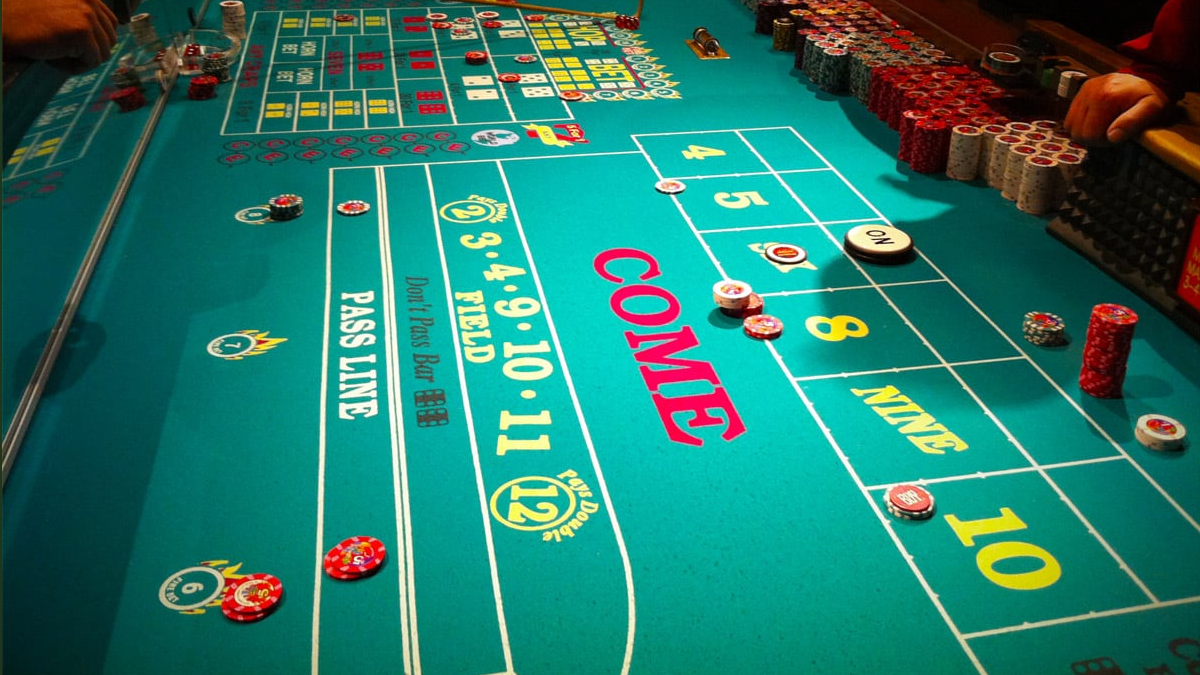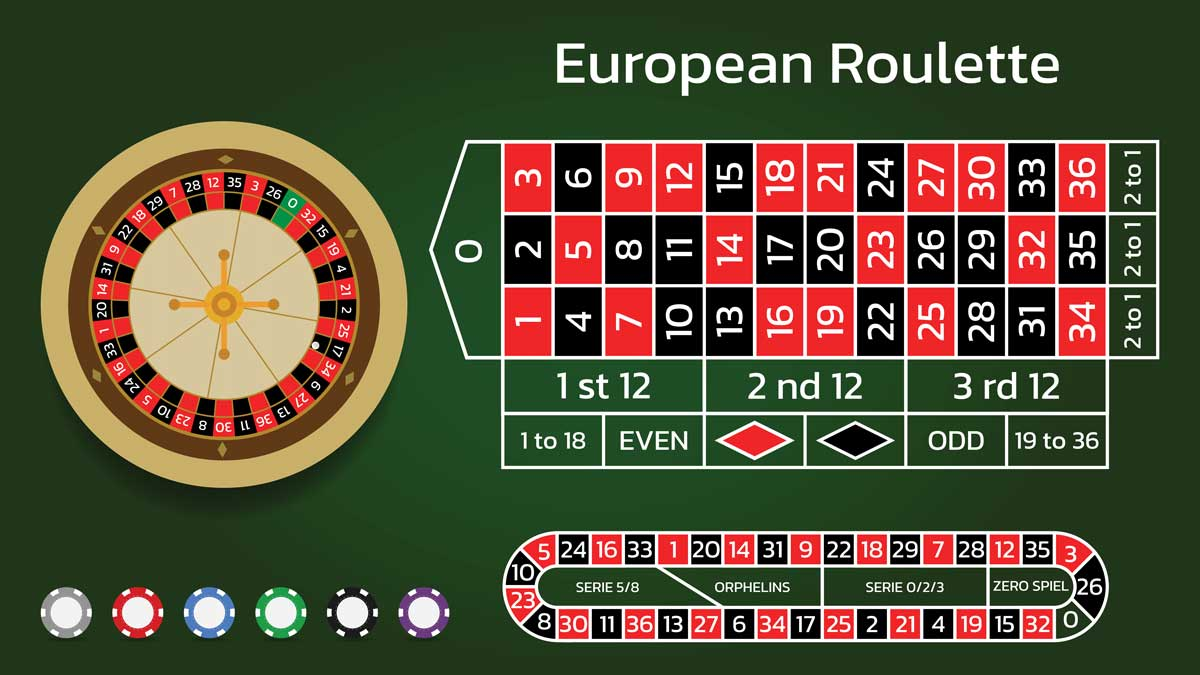Video poker combines the strategic elements of traditional poker with the accessibility of slot machines, creating a unique gambling experience built on solid mathematical foundations. Unlike many casino games that rely purely on chance, video poker offers players genuine strategic decisions that can significantly impact the house edge and return to player percentages.
What Makes Video Poker Mathematically Unique?
Video poker operates on a fundamentally different mathematical model compared to most casino games. Each hand is dealt from a standard 52-card deck using a certified random number generator, ensuring that every card combination has exactly the same probability as it would in a physical deck. This creates a game with known, calculable odds that remain constant across all play sessions.
The mathematical foundation rests on combinatorial analysis—there are precisely 2,598,960 possible five-card poker hands that can be dealt from a standard deck. Each hand type (royal flush, straight flush, four of a kind, etc.) occurs with specific mathematical frequencies that never change, regardless of previous outcomes or betting patterns.
How Does Video Poker Compare to Traditional Table Poker?
The mathematical structures of video poker and traditional table poker differ dramatically, creating entirely different strategic considerations and expected outcomes.
Traditional Table Poker Mathematics:
- Players compete against each other, not the house
- The casino takes a fixed percentage (rake) regardless of hand outcomes
- Skill differentials between players create varying expected values
- Pot odds and opponent behaviour introduce complex variables
- Long-term profitability depends on playing weaker opponents
Video Poker Mathematics:
- Players compete against fixed paytables with predetermined odds
- Each decision has a mathematically optimal choice based on expected value
- The house edge remains constant regardless of player skill level
- No psychological elements or opponent reads affect the mathematics
- Returns are based solely on hitting specific hand combinations
This fundamental difference means that whilst table poker profits come from outplaying opponents, video poker returns are determined by optimal mathematical play against fixed odds.
What Are the Key Mathematical Concepts in Video Poker Strategy?
Video poker strategy revolves around expected value calculations for each possible play. When dealt five cards, players must calculate the expected return for every possible hold/discard combination and choose the option with the highest mathematical expectation.
For example, when holding a pair of jacks, the expected value calculation considers:
- The probability of improving to two pair, three of a kind, full house, or four of a kind
- The paytable values for each possible outcome
- The 47 unknown cards remaining in the deck after the initial deal
Basic Expected Value Formula: Expected Value = (Probability of Outcome 1 × Payout 1) + (Probability of Outcome 2 × Payout 2) + … for all possible outcomes
Professional video poker players memorise these calculations for hundreds of hand combinations, though strategy cards and software can assist recreational players in making optimal decisions.
How Do House Edges Vary Across Different Video Poker Variations?
Video poker house edges vary dramatically depending on the specific game variant and paytable offered. Unlike slot machines, where house edges are often opaque, video poker returns can be calculated precisely from the published paytables.
Common Video Poker Variants and Their House Edges:
Jacks or Better (Full Pay 9/6): 0.54% house edge
- Pays 9 coins for full house, 6 coins for flush per coin wagered
- Considered the “standard” for video poker mathematics
- Optimal play required to achieve theoretical return
Deuces Wild (Full Pay): 0.76% house edge
- All 2s function as wild cards, dramatically altering hand probabilities
- Higher variance due to potential for large payouts
- Strategy becomes more complex due to wild card considerations
Bonus Poker: 0.83% house edge
- Enhanced payouts for four-of-a-kind hands
- Slightly higher house edge but more frequent bonus pays
- Appeals to players seeking more action and variation
Double Double Bonus Poker: 1.02% house edge
- Significant bonuses for specific four-of-a-kind combinations
- Much higher variance than Jacks or Better
- Requires bankroll management for extended play
Why Do Paytable Variations Dramatically Affect the Mathematics?
Casino operators frequently adjust video poker paytables to modify house edges whilst maintaining the appearance of the same game. These seemingly minor changes can dramatically impact player returns.
Jacks or Better Paytable Examples:
- 9/6 Jacks or Better: 99.54% RTP (0.54% house edge)
- 8/6 Jacks or Better: 98.39% RTP (1.61% house edge)
- 8/5 Jacks or Better: 97.30% RTP (2.70% house edge)
- 6/5 Jacks or Better: 95.00% RTP (5.00% house edge)
The numbers refer to the payouts for full house and flush respectively. Reducing the full house payout from 9 to 8 coins increases the house edge by over 1%, whilst cutting the flush payout from 6 to 5 coins adds another full percentage point to the house advantage.
How Does Optimal Strategy Affect Mathematical Outcomes?
Perfect mathematical play is essential to achieving the theoretical return percentages quoted for video poker games. Deviating from optimal strategy can increase the house edge substantially, often by several percentage points for recreational players.
Strategy Impact Examples:
- Playing hunches or “feeling lucky” typically adds 2-5% to the house edge
- Never breaking up winning hands (even when mathematically correct) adds approximately 1-2%
- Failing to draw to inside straights when appropriate costs about 0.5%
- Poor decision-making with low pairs versus high cards adds 1-3%
Strategy complexity varies significantly between game types. Jacks or Better requires learning approximately 32 basic decision rules, whilst Deuces Wild involves over 60 different strategic considerations due to the wild card complications.
What Role Does Variance Play in Video Poker Mathematics?
Variance measures how much individual results deviate from mathematical expectations over time. Video poker exhibits moderate to high variance compared to other casino games, meaning short-term results can differ dramatically from long-term theoretical returns.
Variance Implications:
- Royal flushes occur approximately once every 40,400 hands in Jacks or Better
- Players may experience thousands of hands without hitting significant payouts
- Bankroll requirements must account for inevitable losing streaks
- Variance increases significantly in bonus variations and wild card games
Understanding variance helps players set realistic expectations and manage their bankrolls appropriately for extended play sessions.
How Do Progressive Jackpots Alter the Mathematical Equation?
Progressive video poker machines add an additional mathematical layer by offering jackpots that grow until someone wins them. This can temporarily shift the game’s expected value in the player’s favour when progressive amounts reach sufficient levels.
Progressive Mathematics:
- Break-even points can be calculated for each progressive level
- Royal flush progressives typically become player-favourable above £8,000-£10,000
- Strategy adjustments may be warranted when progressives reach high levels
- Multiple players competing for the same progressive affects the practical mathematics
What Are the Key Mathematical Takeaways for Players?
Video poker offers some of the best mathematical odds available in casino gaming, but only when played with perfect strategy on full-pay machines. The combination of skill-based decisions and transparent mathematics makes it appealing to analytically-minded players.
Essential Mathematical Principles:
- House edges range from under 1% to over 5% depending on paytable and strategy
- Perfect play is mathematically definable and achievable through study
- Paytable selection has more impact on returns than minor strategy variations
- Bankroll management must account for the inherent variance in the games
- Long-term results will approach theoretical expectations with sufficient play
Understanding these mathematical foundations enables players to make informed decisions about which games to play, how much to wager, and what level of study is required to achieve optimal results.


